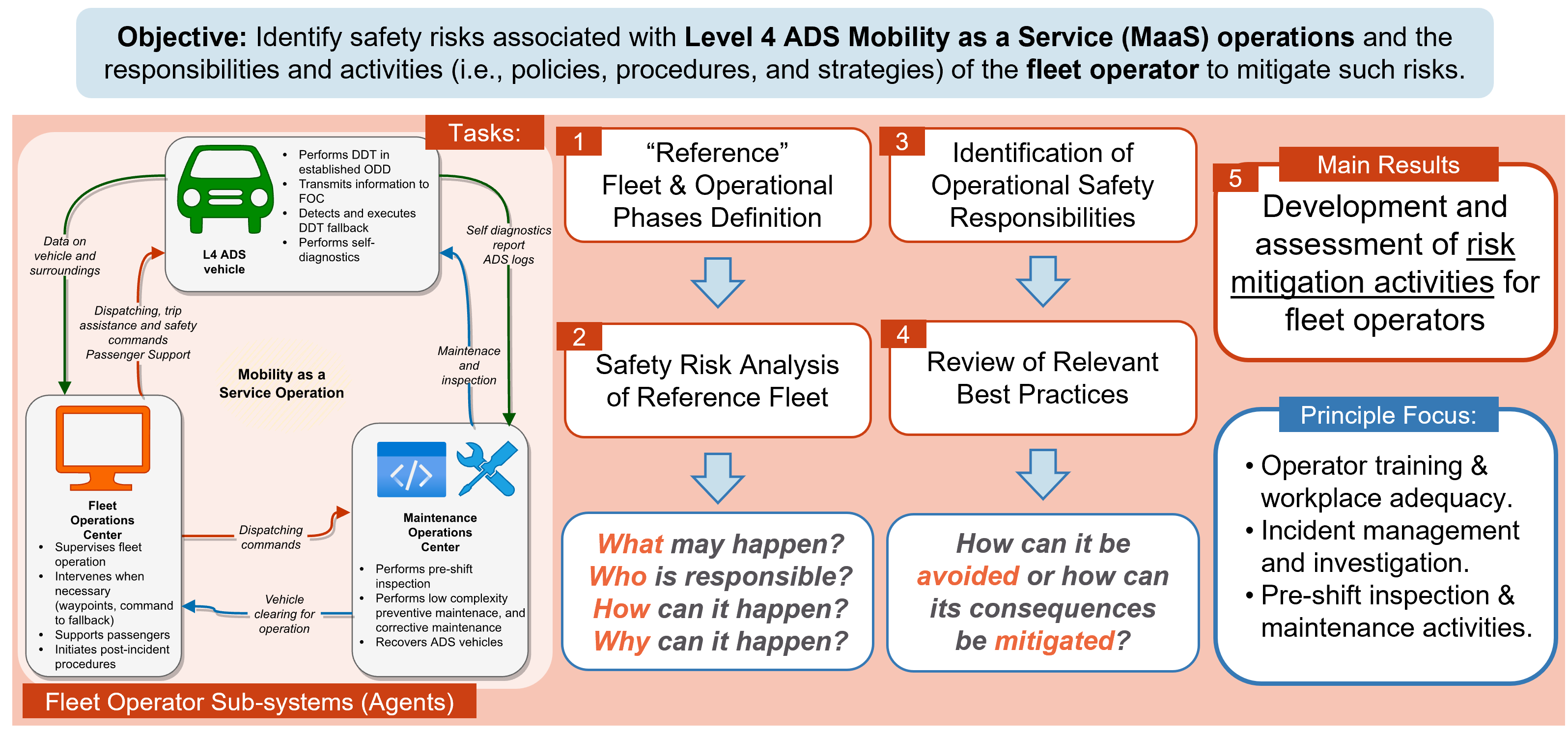Automated Case Information: Revolutionizing Legal Processes
Imagine a world where legal processes are faster, more efficient, and less prone to human error. That's exactly what automated case information systems are bringing to the table. As technology continues to evolve at lightning speed, the legal industry is embracing automation like never before. These systems aren't just changing how cases are managed; they're redefining the entire legal landscape. From streamlining documentation to improving access to critical data, automated case information is paving the way for a smarter, more connected legal environment.
In today's fast-paced world, staying ahead of the curve is crucial. Automated case information isn't just a buzzword; it's a game-changer. By integrating advanced software solutions into legal workflows, professionals can save time, reduce costs, and enhance overall productivity. Whether you're a lawyer, paralegal, or even a client, understanding how these systems work can give you a significant edge.
But here's the real kicker—automated case information isn't just about technology. It's about empowering people. By automating repetitive tasks, legal professionals can focus on what truly matters: providing exceptional service and delivering justice. So buckle up, because we're diving deep into the world of automated case information and uncovering why it's the future of the legal industry.
- Steve Irwin Quotes The Words That Inspire Wildlife Conservation
- Tatum Oneal A Hollywood Icons Journey Through Fame Family And Resilience
Let's break this down into bite-sized chunks. Here's what you'll discover in this article:
- What is automated case information and why does it matter?
- How automated systems are transforming legal processes.
- Key benefits and challenges of implementing these systems.
- Real-world examples of automated case information in action.
- Future trends and predictions for the industry.
Understanding Automated Case Information
Alright, let's start with the basics. What exactly is automated case information? Simply put, it's a system that uses technology to automate various aspects of case management. Think of it as a digital assistant for legal professionals. These systems can handle everything from document creation to data storage, all while ensuring accuracy and efficiency.
But why is it so important? Well, in the legal world, time is money. And let's be real—money is a big deal. Automated case information systems help reduce the time spent on mundane tasks, allowing lawyers and paralegals to focus on more strategic work. Plus, they minimize the risk of errors, which is a huge win in an industry where precision is key.
- Call 12 The Ultimate Guide To Understanding Its Importance And Applications
- Unveiling The Enigma Andre Risen A Rising Star On The Horizon
Here's the kicker: automated case information isn't just about making life easier for legal professionals. It also benefits clients. By streamlining processes, these systems can lead to faster case resolutions and lower costs. Who doesn't love saving time and money, right?
The Evolution of Legal Technology
Let's take a trip down memory lane. Back in the day, legal professionals relied heavily on paper documents and manual processes. It was a time-consuming and error-prone system. Fast forward to today, and we're living in a digital age where technology is king. Automated case information systems have emerged as a natural evolution of this technological advancement.
These systems have come a long way since their inception. What started as simple document management tools has evolved into sophisticated platforms capable of handling complex legal workflows. Thanks to advancements in artificial intelligence and machine learning, these systems are now smarter and more efficient than ever before.
So, what does this mean for the future of the legal industry? One thing's for sure—automation is here to stay. As technology continues to evolve, we can expect even more innovative solutions that will further transform how cases are managed.
Key Features of Automated Case Information Systems
Now that we've covered the basics, let's dive into the nitty-gritty. What makes automated case information systems so powerful? Here are some of the key features that set them apart:
- Document Management: These systems can store, organize, and retrieve documents with ease. Say goodbye to piles of paper and hello to a digital paradise.
- Case Tracking: Keeping track of multiple cases can be a nightmare. Automated systems provide real-time updates and notifications, ensuring nothing slips through the cracks.
- Data Analytics: Need insights into case trends or performance metrics? These systems can crunch the numbers and provide valuable data-driven insights.
- Security: In the legal world, confidentiality is paramount. Automated case information systems are designed with robust security features to protect sensitive data.
But wait, there's more! These systems also offer customization options, allowing users to tailor them to their specific needs. Whether you're a small law firm or a large corporate legal department, there's a solution out there for you.
Benefits of Implementing Automated Case Information
So, what's in it for you? Here are some of the key benefits of implementing automated case information systems:
- Increased Efficiency: By automating repetitive tasks, legal professionals can focus on more strategic work.
- Cost Savings: Reducing the time spent on manual processes can lead to significant cost savings.
- Improved Accuracy: Automated systems minimize the risk of human error, ensuring data is accurate and reliable.
- Enhanced Client Experience: Faster case resolutions and lower costs mean happier clients.
But don't just take our word for it. Studies have shown that organizations that adopt automation technologies experience a significant boost in productivity and profitability. In fact, a report by McKinsey found that automation could increase productivity by up to 40%. That's a pretty impressive stat, don't you think?
Challenges of Automated Case Information
Of course, no system is perfect. While automated case information systems offer numerous benefits, they also come with their fair share of challenges. Let's take a look at some of the common obstacles:
- Cost of Implementation: Implementing these systems can be expensive, especially for smaller firms.
- Resistance to Change: Some legal professionals may be resistant to adopting new technologies.
- Technical Issues: Like any technology, these systems can experience glitches or downtime.
- Data Security Concerns: Protecting sensitive data is a top priority, and ensuring the security of these systems is crucial.
However, with proper planning and execution, these challenges can be overcome. By investing in the right systems and providing adequate training, organizations can successfully integrate automated case information into their workflows.
Real-World Examples of Automated Case Information
Let's talk about some real-world examples of automated case information in action. One notable example is the use of these systems in large corporate law firms. These firms handle hundreds, if not thousands, of cases at any given time. Without automation, managing all these cases would be nearly impossible.
Another great example is the use of automated systems in government legal departments. These departments often deal with high volumes of cases and require efficient systems to manage them effectively. By implementing automated case information systems, they've been able to streamline processes and improve overall efficiency.
But it's not just big organizations that are benefiting. Small law firms are also adopting these systems to level the playing field. By leveraging automation, they can compete with larger firms and provide exceptional service to their clients.
Future Trends in Automated Case Information
So, what's on the horizon for automated case information? Here are some trends to watch out for:
- Artificial Intelligence: AI is set to play an even bigger role in automated case information systems. From predictive analytics to natural language processing, the possibilities are endless.
- Blockchain Technology: Blockchain could revolutionize how legal data is stored and managed, providing enhanced security and transparency.
- Cloud Computing: As more organizations move to the cloud, automated case information systems will become even more accessible and scalable.
These trends point to a future where automated case information systems are even more powerful and capable. By staying ahead of the curve, organizations can ensure they're well-equipped to handle whatever challenges come their way.
How to Choose the Right Automated Case Information System
With so many options available, choosing the right automated case information system can be overwhelming. Here are some tips to help you make the right decision:
- Assess Your Needs: Start by identifying your specific requirements and pain points.
- Research Your Options: Look into different vendors and compare their features and pricing.
- Consider Scalability: Make sure the system you choose can grow with your organization.
- Focus on Security: Ensure the system has robust security features to protect sensitive data.
By following these steps, you can find a system that meets your needs and helps you achieve your goals.
Conclusion: Embracing the Future of Legal Technology
In conclusion, automated case information systems are transforming the legal industry in ways we could only dream of just a few years ago. From increasing efficiency to improving accuracy, these systems offer numerous benefits that can't be ignored. While there are challenges to overcome, the rewards far outweigh the risks.
So, what's next? It's time to take action. Whether you're a legal professional looking to enhance your practice or a client seeking faster, more affordable legal services, automated case information is the way forward. Don't miss out on this opportunity to revolutionize the way you manage cases.
We'd love to hear your thoughts. Leave a comment below and let us know how automated case information has impacted your life. And if you found this article helpful, don't forget to share it with your network. Together, we can pave the way for a smarter, more connected legal industry.
- Where Is Escobars Grave Unveiling The Final Resting Place Of A Legend
- 12 Police The Inside Story You Need To Know

Operational Safety Concepts for Level 4 Automated Driving System Fleets

Eoir Automated Case Status
MyAxon